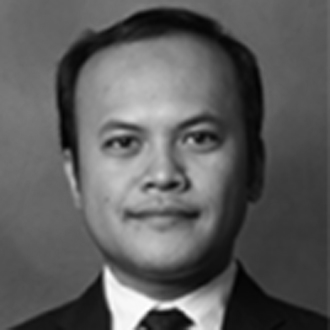 Smartphone Apps for Caregivers
Smartphone Apps for Caregivers
STUDY BASICS
Researchers at Pitt are looking for caregivers of those with spina bifida, spinal cord injury, traumatic brain injury, or cerebral palsy to participate in a research study. Caregivers will take part in group discussions and provide feedback on smartphone apps designed to support individuals with chronic conditions. Compensation provided.
STUDY PURPOSE
People with chronic conditions often require complex routines to manage their health. Recognizing and treating problems early can prevent the development of more serious complications down the road. Caregivers of people with spina bifida, spinal cord injury, traumatic brain injury, or cerebral palsy play a vital support role. To help caregivers of those with chronic conditions, researchers have developed smartphone apps. The purpose of this study is to use feedback from caregivers to improve the usefulness of these apps.
COULD THIS STUDY BE RIGHT FOR YOU?
- Ages 18 and up
- Primary caregiver of an individual with spina bifida, spinal cord injury, traumatic brain injury, or cerebral palsy
WHAT PARTICIPANTS CAN EXPECT
Participants will take part in interviews and group discussions for one session, which will be scheduled at locations and times that are convenient for you. These meetings will last about one hour. Some participants may also be asked to try the new apps on smartphones and give feedback, which will require additional sessions and visits. These visits may take place at our offices, at the clinic where patients are seen, or at another location convenient to participants (such as their home). Each visit will last approximately 30-60 minutes. Smartphones may be loaned for use during the duration of the study and will be collected at the end of the study.
IRB: STUDY20020049C
- MHealth Self-Management and Support System for Chronic and Complex Health Conditions (component 1 and 2)MEET THE RESEARCHER

Andi Saptono
Andi Saptono, PhD, is an Assistant Professor of Health Information Management at the University of Pittsburgh. Since getting his doctorate in Health and Rehabilitation Sciences, Dr. Saptono has put his experience in software design and development to use by researching innovative solutions for health problems. His previous projects include ACCESS, a system to help people with visual impairments use the internet, and VISYTER, a video networking system designed to make it easier for people living in remote areas to receive medical examinations.
 https://pittplusme.org/study/670
https://pittplusme.org/study/670